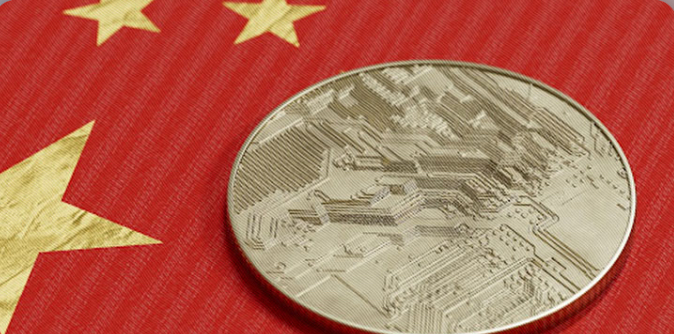Game tokens cannot be exchanged for physical products or used as currency.
This rule covers 62 items and impacts a wide variety of online gaming activities.
A draft describing substantial changes to the regulation of in-game tokens within the online gaming sector was recently issued by the General Administration of Press and Publication of China (GAPP). The country’s attitude to digital currency in gaming has undergone a strategic shift with this decision.
Game tokens cannot be exchanged for physical products or used as currency, according to the new regulations proposed by the GAPP. This rule covers 62 items and impacts a wide variety of online gaming activities.
Stringent Compliance
Additionally, it imposes severe regulations on gaming businesses. The removal of anonymous user registrations, stringent adherence to national and socialist principles in content, a two-year data retention policy, and obligatory licensing in China are all examples of these measures.
Restrictions on the exchange of game tokens for tangible goods, services, or legal cash are proposed in Article 23 of the rules, which deals directly with their usage.
The restrictions are made more complicated by the uncertainty surrounding cryptocurrencies, since they are not recognized as legal currency in China. Game developers also have to take steps to prevent players from engaging in excessive spending and deal with new restrictions on bonuses like signup or daily login bonuses.
There has been no formal enactment of the guidelines, which are available for public review until January 22, 2024. Prior to its enforcement, this time permits comments and possible revisions.
Over the last three months, the Web3 gaming industry has been rather active, with over one million unique wallets engaging daily, according to DappRadar. Experts like Yat Siu of Animoca Brands anticipate a possible spike in user involvement, and these new laws might significantly impact the industry’s destiny.

